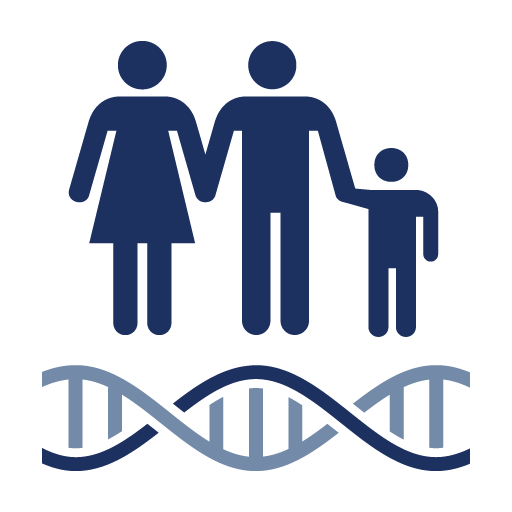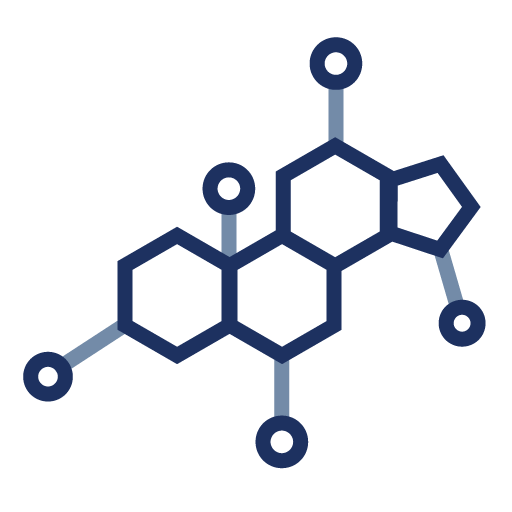What is Rheumatoid Arthritis?
Rheumatoid arthritis is a chronic inflammatory disorder that impacts the body’s joints. It occurs when the immune system attacks body tissue. This causes inflammation, pain, swelling, stiffness, and a loss of joint function.
In most cases, early rheumatoid arthritis impacts the smaller finger and toe joints. As the condition progresses, symptoms often spread to larger joints. This includes the wrists, knees, ankles, elbows, hips and shoulders. In many patients, the disease causes inflammation in the same joints on both sides of the body.
About 40% of rheumatoid arthritis patients have symptoms in various body system. Other areas where symptoms may occur include the skin, heart and blood vessels. The signs and symptoms of rheumatoid arthritis may vary in severity and can come and go in flares.
What are the Symptoms of Rheumatoid Arthritis?
Rheumatoid arthritis symptoms may include:
- Tender, warm, swollen joints
- Pain and stiffness in the morning that lasts more than 30 minutes
- Fatigue, fever, loss of appetite
- Joint stiffness that is worse in the mornings and after inactivity
What triggers Rheumatoid Arthritis?
To best manage your condition, it is important to know what can trigger your symptoms to occur. Triggers include, but are not limited to:
- Overexertion
- Poor Sleep
- Stress
- Infections or Colds
What causes Rheumatoid Arthritis?
The cause of rheumatoid arthritis is not fully understood. There is some scientific evidence that genes, hormones and environmental factors are involved:
- Genetics are thought to play a small role in the condition's development.
- Hormones- Rheumatoid arthritis is most common in women. This may be due to the effects of the hormone estrogen.
- Environmental- Exposure to certain environmental factors increases the risk of developing rheumatoid arthritis. Environmental factors include air pollution, cigarette smoke, insecticides and more.
How is Rheumatoid Arthritis treated?
There is no cure for Rheumatoid Arthritis. Rheumatoid arthritis is treatable. The goal of treatment is to reduce joint swelling and to relieve pain. Research has shown that remission is likely for patients who receive treatment early. Early treatment can also reduce the long-term severity of the condition and lead to an active life.
Treatments for rheumatoid arthritis include the following:
- Disease-modifying anti-rheumatic drugs (DMARDs) and biologic response modifiers (biologics) relieve symptoms and slow or prevent joint damage
- Non-steroidal anti-inflammatory drugs (NSAIDs) and Corticosteroids reduce swelling and relieve pain
- Physical therapy helps preserve joint function and may prevent deformities
- Surgery replaces joints
How does Noble help me manage my Rheumatoid Arthritis?
At Noble Health Services, we offer a variety of medications to help you treat your condition. We help you manage your condition through our Signature Care Program. Our program includes medication delivery, 24/7/365 on-call support, co-pay assistance and more.
For more information on what rheumatoid arthritis medications we offer, please view the rheumatology enrollment form.
For more information about Rheumatoid Arthritis, contact the following resources:
- American College of Rheumatology
Phone: 1-404-633-3777
rheumatology.org - Arthritis Foundation
Phone: 1-404-872-7100
arthritis.org - National Institute of Arthritis and Musculoskeletal and Skin Diseases
Phone: 1-877-226-4267
niams.nih.gov
Interested in what Noble Health Services can offer you?
Learn More!


